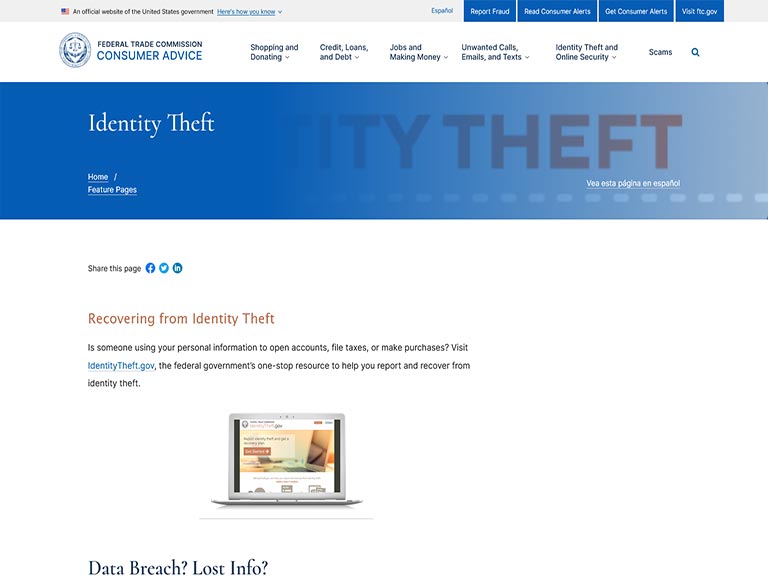Account Security & Fraud
Security is paramount in protecting the privacy of your account information. Seaboard FCU uses several layers of
security including automatic sign-off, password lockout, encryption and firewalls. In addition, the credit union
contracts with a nationally recognized Internet security firm to conduct external intrusion audits.
Automatic Sign Off
The credit union recognizes that not all sessions are conducted from your home; therefore it is critical to remember to sign-off to prevent unauthorized
access to your account. Our Home Banking system has built-in protection for those occasions when you forget to sign-off. The system will automatically
sign-off for you after a predetermined time of inactivity.
Password Lockout
In order to use our Home Banking system, you need a unique password. Home Banking has a safeguard to help stop unauthorized users from entering random passwords
in an attempt to gain account access. A user only has 3 attempts to enter the correct password. After 3 failed attempts, the account is placed into a "locked out" status
and no further login attempts are allowed.
Encryption
Seaboard FCU uses different types of technology, such as the Secured Socket Layer (SSL) protocol, to ensure confidentiality of our transactions with members through the
Internet. SSL provides secure channels for data transmission through encryption. Seaboard FCU uses the highest level of SSL protocol security currently available. SSL also
incorporates the use of digitally signed certificates, which help ensure message integrity by preventing modification to data once transmission is initiated.
Firewalls
Seaboard FCU is protected by a firewall, which is a barrier between the Internet and the credit union's internal computer network. A firewall acts as "traffic cop" and verifies
each packet of information coming from the Internet and determines whether to permit access to the credit union's internal systems. Information that is not verified is terminated
at the firewall.
Useful Links

Phishing Information
Do you believe that you were a victim of an internet phishing scheme? Report all suspicious contacts
to the Federal Trade Commission online at www.consumer.gov/idtheft,
or by calling 1-877-IDTHEF